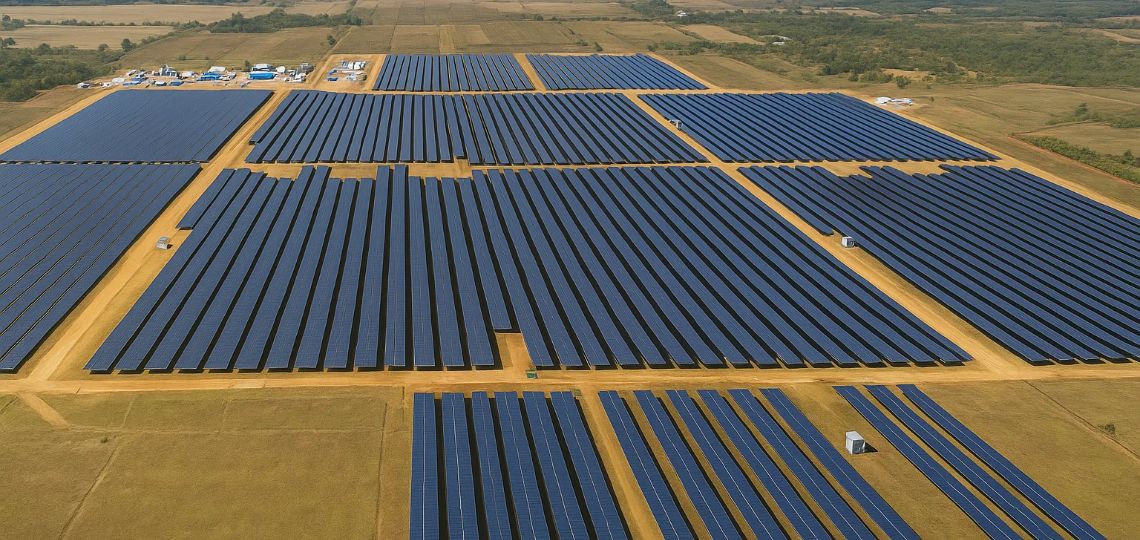
In a significant leap towards energy independence, Senegal has entered into agreements with China for the construction of two large-scale solar power plants.
Signed on July 28, 2025, the contracts between the Senegalese National Electricity Company (SENELEC) and China National Technical Import & Export Corporation (CNTIC) mark a key milestone in the country’s energy strategy.
The agreements come on the back of a diplomatic push led by Prime Minister Ousmane Sonko in June, which laid the groundwork for multiple strategic partnerships, with a focus on the energy sector.
These solar projects are not only a response to the country’s growing demand for electricity, but also a step towards a more sustainable and resilient energy model, blending ecological and geopolitical considerations.
Solar Power and Energy Storage for a Resilient Future
Each of the two solar plants will generate 50 megawatts of peak capacity, totaling 100 MWp, which will be injected into Senegal’s national grid.
Complementing this power generation will be a 30 MW / 90 MWh energy storage system, capable of storing excess electricity produced during peak sunlight hours.
This innovative solar-plus-battery system aims to mitigate the natural variability of solar power by ensuring a more reliable and consistent energy supply, even during non-sunny periods.
The contracts, structured under an EPC+F model (Engineering, Procurement, Construction, and Financing), ensure a streamlined delivery process by working with a single partner.
This approach not only accelerates the deployment of the projects but also reduces the logistical challenges that often arise in multi-stakeholder collaborations.
Crucially, the financing model allows Senegal to avoid immediate government disbursements, enabling smoother project implementation.
Strengthening Ties with China and a Focus on Energy Autonomy
The signing ceremony in Beijing signals a growing partnership between Senegal and China, which has already been a major player in African infrastructure development.
The partnership builds on discussions held by Ousmane Sonko in June with various international partners, where the focus was on enhancing Senegal’s energy strategy, both through conventional and renewable energy sources.
The engagement with CNTIC aligns Senegal’s energy aspirations with China’s capability to deliver large-scale infrastructure on tight timelines.
Unlike traditional concession-based models, this agreement ensures that the production tools for these solar plants will be owned by SENELEC, allowing the country greater control over its energy future and reducing its reliance on private operators.
Through these agreements, Senegal is set to significantly boost its energy capacity without incurring immediate debt.
This move aligns with the nation’s broader ambition to leverage energy as a tool for economic independence rather than remaining vulnerable to external energy dependencies.
With this new direction, Senegal is positioning itself as a regional leader in sustainable energy, aiming to foster long-term economic growth powered by renewable sources. The challenge now will be to maintain the momentum and ensure the successful implementation of these vital projects.



